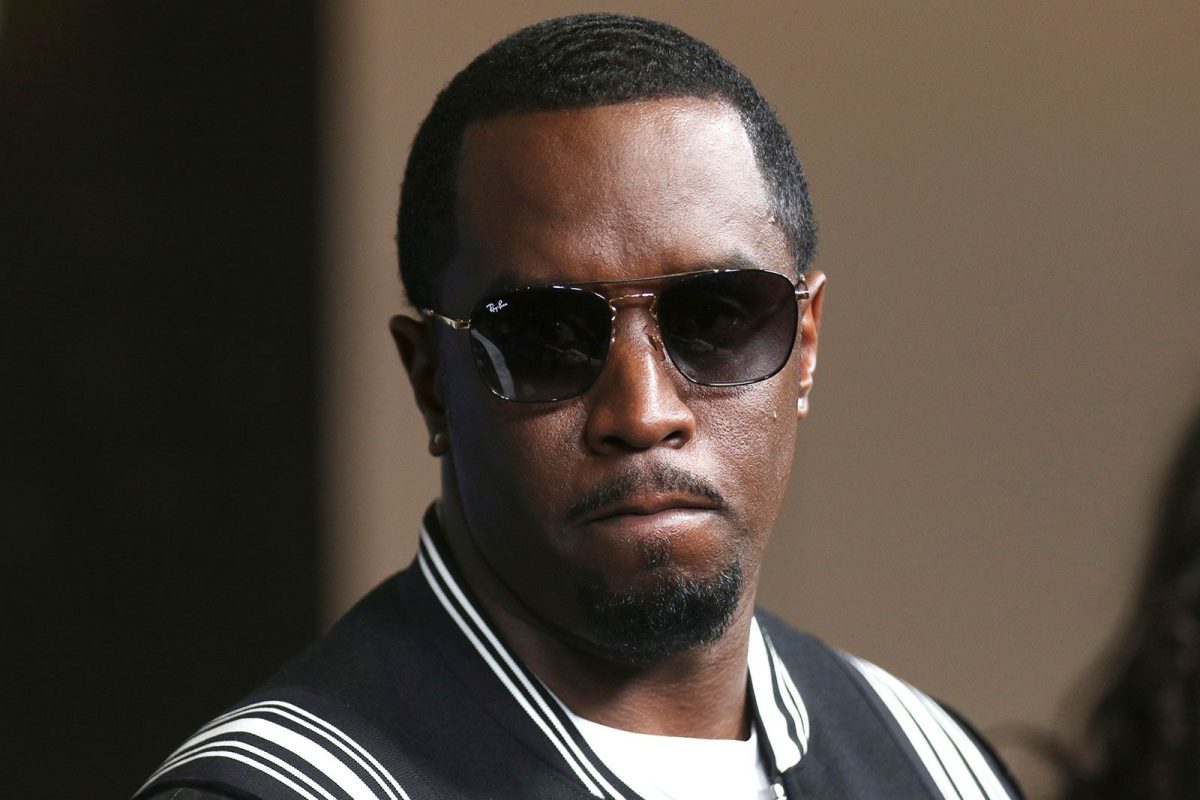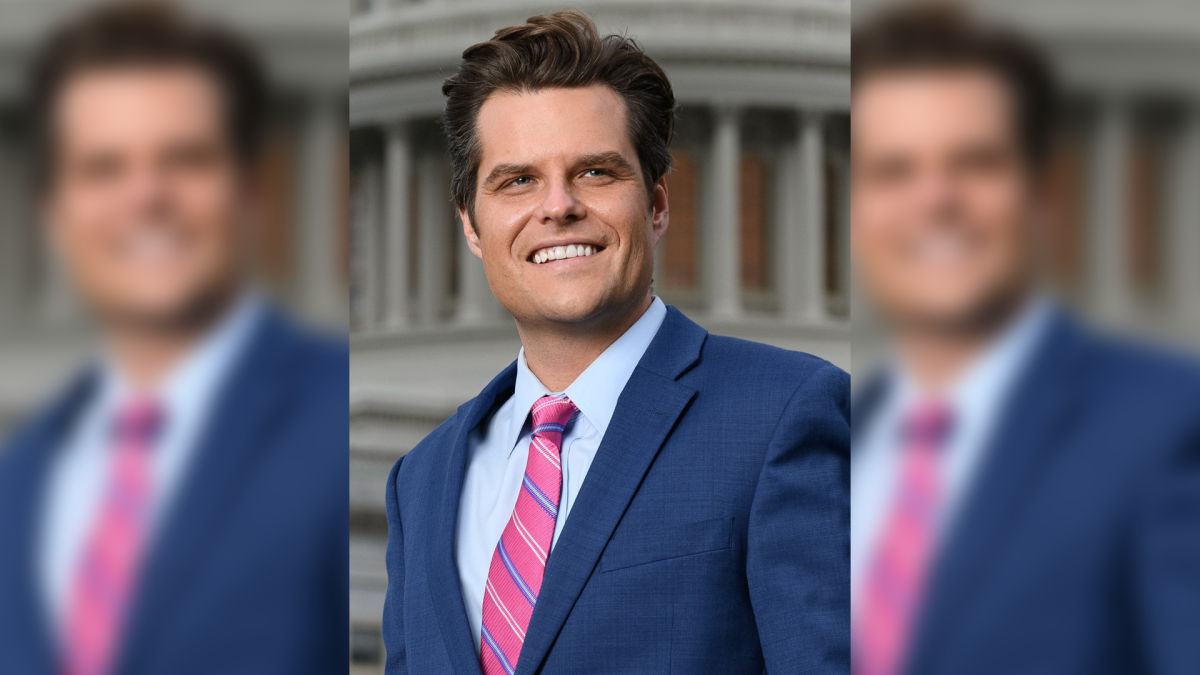New York (CNN) — Sean “Diddy” Combs, who was arrested this week on charges of racketeering conspiracy and sex trafficking, pleaded not guilty Tuesday and was ordered to remain in custody until his federal trial in New York.
So what comes next for the 54-year-old music mogul? And what about the unnamed employees and associates accused of conspiring with him?
Damian Williams, the US attorney for the Southern District of New York who brought the indictment, was vague when asked whether Diddy or others could face more charges.
“I can’t take anything off the table. Anything is possible,” he said. “Our investigation is very active and ongoing, and I think a lot of you who cover this office know that when we say such things, that developments are certainly foreseeable, but I cannot predict them sitting here today.”
Multiple witnesses who have worked for Combs have been meeting with prosecutors, a source familiar with the federal investigation told CNN. At least one male sex worker is expected to testify in front of the grand jury in coming days, according to the source, who added the witnesses’ allegations go beyond the details in this week’s indictment.
Prosecutors have previously said they have interviewed over 50 victims and witnesses in the case.
CNN spoke to several legal experts to try to understand what lies ahead for Combs and for those in his orbit. The experts do not expect a plea deal for the music mogul, noting the accusations against him could expand further.
“I will be very curious, especially since he’s being held without bail, if that gives other survivors the courage to come forward,” said Shea Rhodes, director of the Villanova Law Institute to Address Commercial Sexual Exploitation.
As for the people alleged to be part of Combs’ criminal enterprise, experts highlighted the prosecution’s difficult questions on whether to charge them or get them to testify against him.
“The prosecution is going to have to deal with witnesses with a rough past or who are admitting to engaging in criminal activity,” said trial attorney Misty Marris. “You’ve got a lot of people with dirty hands in a racketeering case.”
What’s next for Combs
The path ahead for Combs was set in motion by a series of legal decisions the past few days.
Combs, 54, pleaded not guilty Tuesday to federal charges of racketeering conspiracy, sex trafficking and transportation to engage in prostitution. The indictment alleges he “abused, threatened, and coerced women and others around him to fulfill his sexual desires, protect his reputation, and conceal his conduct.” It also states that he formed a criminal enterprise that engaged in “sex trafficking, forced labor, kidnapping, arson, bribery, and obstruction of justice.”
He faces a sentence of up to life in prison if convicted of the racketeering conspiracy charge. The sex trafficking charge comes with a statutory minimum of 15 years.
He will remain in federal custody ahead of his trial after his lawyers failed Wednesday in their appeal of a judge’s decision denying him bail. In his ruling, Judge Andrew Carter said there were no conditions that reduced the risk of witness tampering or obstruction.
Combs’ attorney Marc Agnifilo told CNN he will again appeal the ruling.
While many federal cases result in plea deals, Agnifilo said that’s not likely between Combs and prosecutors here and said he planned to take the case to trial. “I believe he’s innocent of the charges, and he is going to go to trial, and I believe he’s going to win,” he told CNN on Tuesday.
Marris said a plea deal is unlikely in part because of the 15-year mandatory minimum sentence for the sex trafficking charge.
“I think what the defense is really saying is, ‘OK we’re going to take it to trial because any plea deal would be unlikely to be so favorable,’” she said. “We’re talking about charges that carry a minimum of 15 years. The idea that a plea deal is going to be something that will have a not-so-severe punishment is just really not in the cards for this case.”
Further, Combs could potentially face more accusations of wrongdoing. Prosecutors have said the investigation remains “active and ongoing.” And they have issued a public call for any potential victims to reach out to authorities.
It will be difficult for victims to come forward in this case, particularly given the allegations of violence for those who sought to speak out in the past, according to Rhodes.
“It’s shame and fear of whether or not you’re going to be believed. (Also) if these allegations about how he had just really engaged his entire organization in covering up what was going on, who is not behind bars that can carry out additional intimidation tactics or instill additional fear in survivors who do want to come forward?” she said.
Even so, don’t expect more counts against Combs, said CNN senior legal analyst Elie Honig. That’s because the racketeering conspiracy charge is so broad that it encompasses a host of different types of wrongdoing, including, according to the indictment, “sex trafficking, forced labor, kidnapping, arson, bribery, and obstruction of justice.”
What’s next for those around him
The federal indictment against Combs alleges he was part of a sprawling conspiracy with staff, assistants, supervisors and associates to commit racketeering from 2008 until now.
According to the indictment, the “Combs Enterprise” consisted of Combs, the leader; business entities, including his record label Bad Boy Entertainment; and employees and associates, including security staff, household staff, personal assistants and high-ranking supervisors.
“Members and associates of the Combs Enterprise engaged in, and attempted to engage in, among other activities, sex trafficking, forced labor, interstate transportation for purposes of prostitution, coercion and enticement to engage in prostitution, narcotics offenses, kidnapping, arson, bribery, and obstruction of justice,” the indictment states.
Despite those serious accusations, he is the only one facing charges. Why?
Several legal experts said the lack of charges for those around Combs indicated they may be cooperating with the prosecution.
“You have other people who you could say were his enablers, who are not being looked at by the government, who are looking at helping the government prove their case,” said CNN legal analyst Joey Jackson.
Prosecutors could choose to grant these alleged co-conspirators immunity or non-prosecution agreements to get them to testify against Combs, Marris said.
“The reason prosecutors would do that is because the target in this case is Diddy,” Marris said. “In order to have a rock solid case against him, the information is necessary and the testimony is necessary.”
In addition, the lines between victim, witness and offender can be surprisingly blurry. Rhodes called this the “victim-offender overlap” and noted it’s particularly pronounced in sexual violence and sex trafficking cases.
In Ghislaine Maxwell’s sex trafficking case, for example, several of the women who testified as victims said they had also recruited others to join in the sexual encounters.
“Just because a prosecutor can charge someone as a co-conspirator, doesn’t mean that they should,” Rhodes said. “(Prosecutors) could have charged one of those victims as a co-conspirator for recruiting, but that’s not appropriate.”
Were some of Combs’ alleged co-conspirators also victims of other violence? The Combs indictment indicates so, stating that one purpose of the criminal enterprise was “securing absolute loyalty from members of the Combs Enterprise, including through acts of violence and threats.”
The best guide for Combs’ path ahead is to examine another recent racketeering case.
Nadia Shihata, a former federal prosecutor who brought the racketeering case against the singer R. Kelly, told CNN there may or may not be others charged in Combs’ case.
“Certainly, additional people could be charged. It’s also possible that additional people have already been charged, pled guilty and are cooperating in the case,” she said. “The fact that it’s a racketeering indictment that relies on an enterprise, though, doesn’t necessarily mean there will be additional people charged.”
For example, in R. Kelly’s case – which Shihata acknowledged had some key similarities to Diddy’s – no one else was charged with racketeering. At trial, some of his former employees testified against him, including a general assistant and a tour manager. Kelly was ultimately found guilty.
In general, prosecutors have the discretion to decide how wide to cast their net in racketeering cases, Honig said.
“You can decide to just charge everyone. Or you can decide to just aim for the top players here,” he said. “(You can say,) ‘I’m gonna focus my resources and attention on the bosses, the heavy hitters and not gonna weigh this indictment down with more peripheral players.’”




